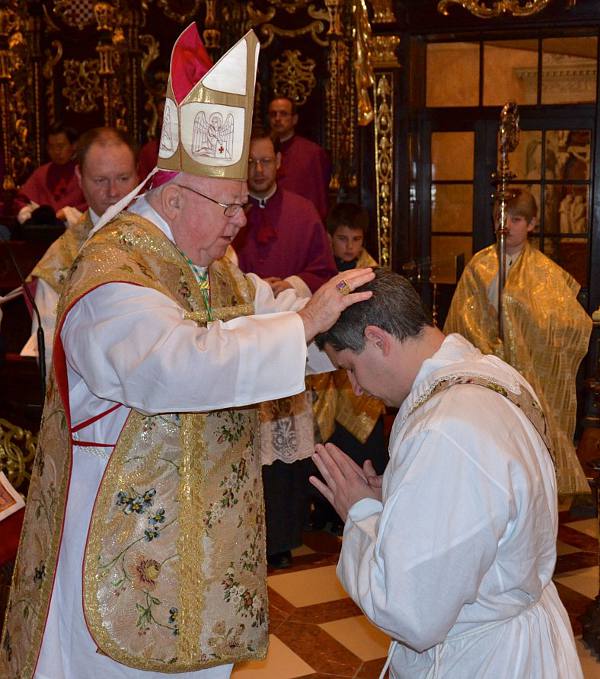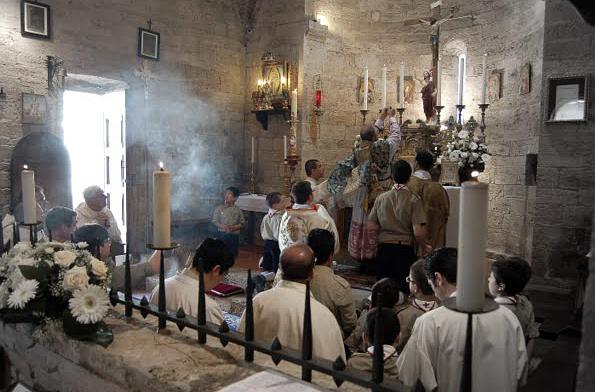Liturgikongregasjonen i Vatikanet arbeider med en hefte som de håper å få utgitt i sommer, et hefte som skal hjelpe prestene til å feire messen best mulig – Zenit.org skriver om dette – om kontinuitet med tradisjonen, tradisjonelle alter, messeofferet, skjønnhet etc.:
During his talk Cardinal Antonio Cañizares reiterated the importance Vatican II gave to the liturgy, «whose renewal must be understood in continuity with the Tradition of the Church and not as a break or discontinuity.» A break either because of innovations that do not respect continuity or because of an immobility that freezes everything at Pius XII, he said.
In particular, Cardinal Cañizares stressed the importance that Sacrosanctum Concilium gave to the sacred liturgy, through which «the work of our Redemption is exercised, above all in the divine sacrifice of the Eucharist,» adding that «God wants to be adored in a concrete way and it’s not up to us to change it.»
The cardinal said that there is talk of a renewed Church, which must not be understood as a mere reform of structures, but as a change starting with the liturgy, because it is from the liturgy that the work of our salvation is effected.
When speaking of the liturgy, continued the cardinal, one must not forget what the conciliar document states: «Christ is always present in his Church, especially in the liturgical action. He is present in the sacrifice of the Mass, be it in the person of the minister, ‘offering himself now through the ministry of the priests as he then offered himself on the cross,’ be it especially under the Eucharistic species.»
He stressed that the objective of the liturgy «is the adoration of God and the salvation of men,» which is not a creation of ours, but source and summit of the Church.»
The prefect of the Congregation for Divine Worship and the Sacraments criticized existing abuses such as showmanship, and praised moments of silence «that are action,» which enable the priest and the faithful to talk with Jesus Christ and which exclude the predominance of words that often becomes showmanship on the part of the priest. The correct attitude is the one «indicated by Saint John the Baptist, when he says he must decrease and the Messiah must increase.»
The cardinal criticized the effort to make the Mass «entertaining» with certain songs — instead of focusing on the mystery — in an attempt to overcome «boredom» by transforming the Mass into a show.
He added that the Council did not speak of the priest celebrating Mass facing the people, that it stressed the importance of Christ on the altar, reflected in Benedict XVI’s celebration of the Mass in the Sistine Chapel facing the altar. This does not exclude the priest facing the people, in particular during the reading of the word of God. He stressed the need of the notion of mystery, and particulars such as the altar facing East and the fact that the sacrificial sense of the Eucharist must not be lost. …


